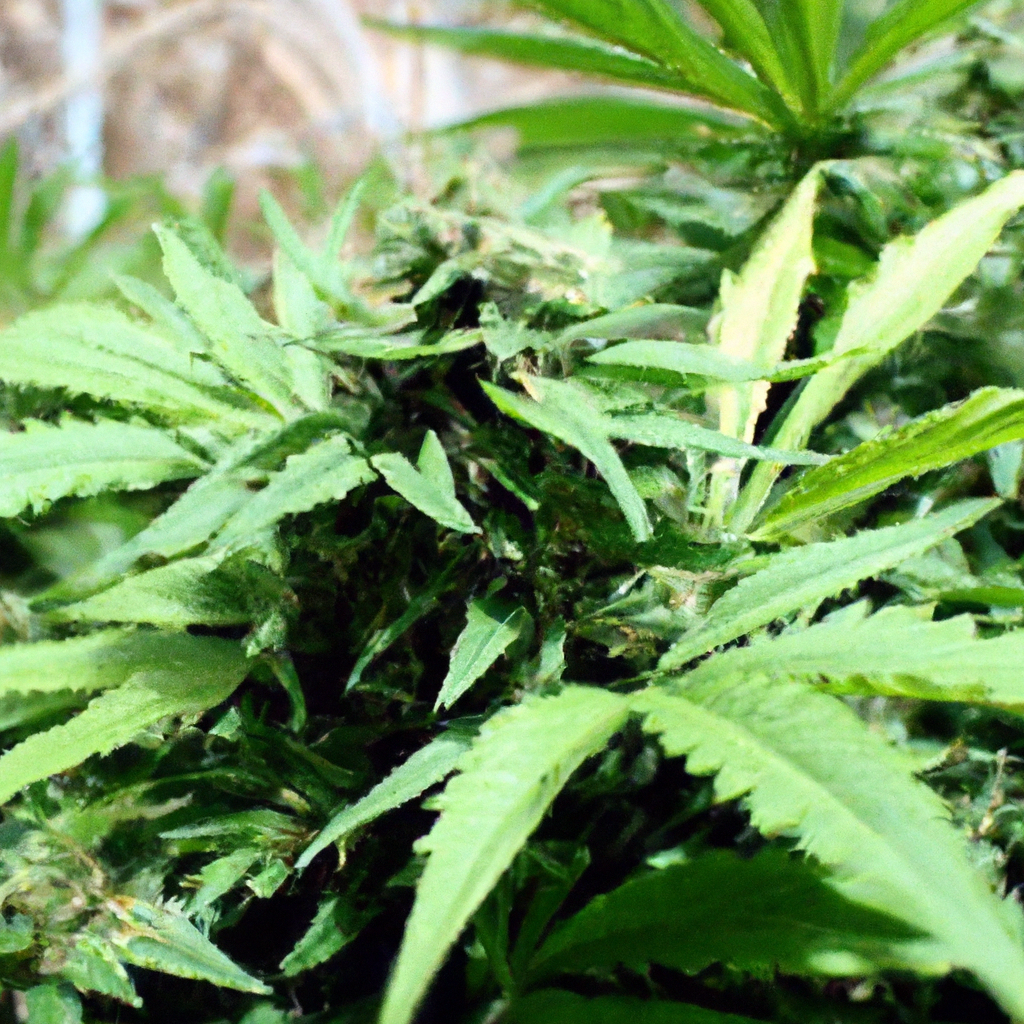Your cart is currently empty!
Creating a flourishing organic cannabis garden is both an art and a science. Embracing natural cultivation techniques ensures not only outstanding plant health but also environmental sustainability and consumer safety. This article delves into the best practices for cultivating cannabis organically, focusing on natural fertilizers, composting, and eco-friendly pest control methods.
Nurturing the Soil: The Foundation of Growth
The cornerstone of a successful organic garden is rich, healthy soil. Developing a robust soil ecosystem aids in plant resilience and vigour. Here’s how to start:
- Composting: Use kitchen scraps, yard waste, and other organic matter to create nutrient-dense compost. This not only reduces waste but also enriches the soil with essential nutrients.
- Cover Crops: Implement cover crops like clover or rye to add nitrogen to the soil naturally, improving fertility without synthetic inputs.
- Mulching: Apply a layer of organic mulch to conserve moisture, regulate soil temperature, and suppress weeds, all while gradually enriching the soil as it decomposes.
Natural Fertilizers: Boosting Growth Sustainably
Organic fertilizers are pivotal in supporting cannabis plant growth without the adverse effects of synthetic chemicals. Consider these options:
- Bone Meal and Blood Meal: These provide a slow release of nitrogen and phosphorus, enhancing root development and flower production.
- Fish Emulsion: An excellent natural source of nitrogen, fish emulsion boosts leaf growth and overall plant vitality.
- Seaweed Extract: Packed with trace minerals and growth-promoting hormones, seaweed extract helps bolster plant health and stress resilience.
Pest Control: Keeping Nature in Balance
Organic pest management involves maintaining ecological balance rather than eradicating pests with chemicals. Here are effective strategies:
- Companion Planting: Grow aromatic herbs like basil and mint alongside cannabis to repel pests naturally.
- Beneficial Insects: Introduce predatory insects such as ladybugs and praying mantises to control aphid and mite populations.
- Neem Oil: Use neem oil, a natural insecticide, to deter a range of pests while minimizing risks to beneficial organisms.
The Life Cycle of Organic Cannabis: A Case Study
Consider the case of “Green Gaia Gardens,” a small-scale organic cannabis farm that transitioned from conventional to organic production. By shifting to composting, utilizing natural fertilizers, and implementing companion planting, they reported a 20% increase in yield, a dramatic reduction in pest issues, and an enhanced terpene profile in their plants. This transformation not only improved the quality of their crops but also enriched their local ecosystem.
Conclusion
Adopting organic cannabis cultivation practices is a rewarding journey that benefits growers, consumers, and the environment. By focusing on building healthy soil ecosystems, employing natural fertilization techniques, and utilizing eco-friendly pest controls, you can cultivate cannabis plants that are both vibrant and sustainable. Whether you’re a hobbyist or a commercial grower, the principles of organic cultivation offer a path to greener, cleaner, and more successful harvests.
Discover more from Magic Clones
Subscribe to get the latest posts sent to your email.


Leave a Reply